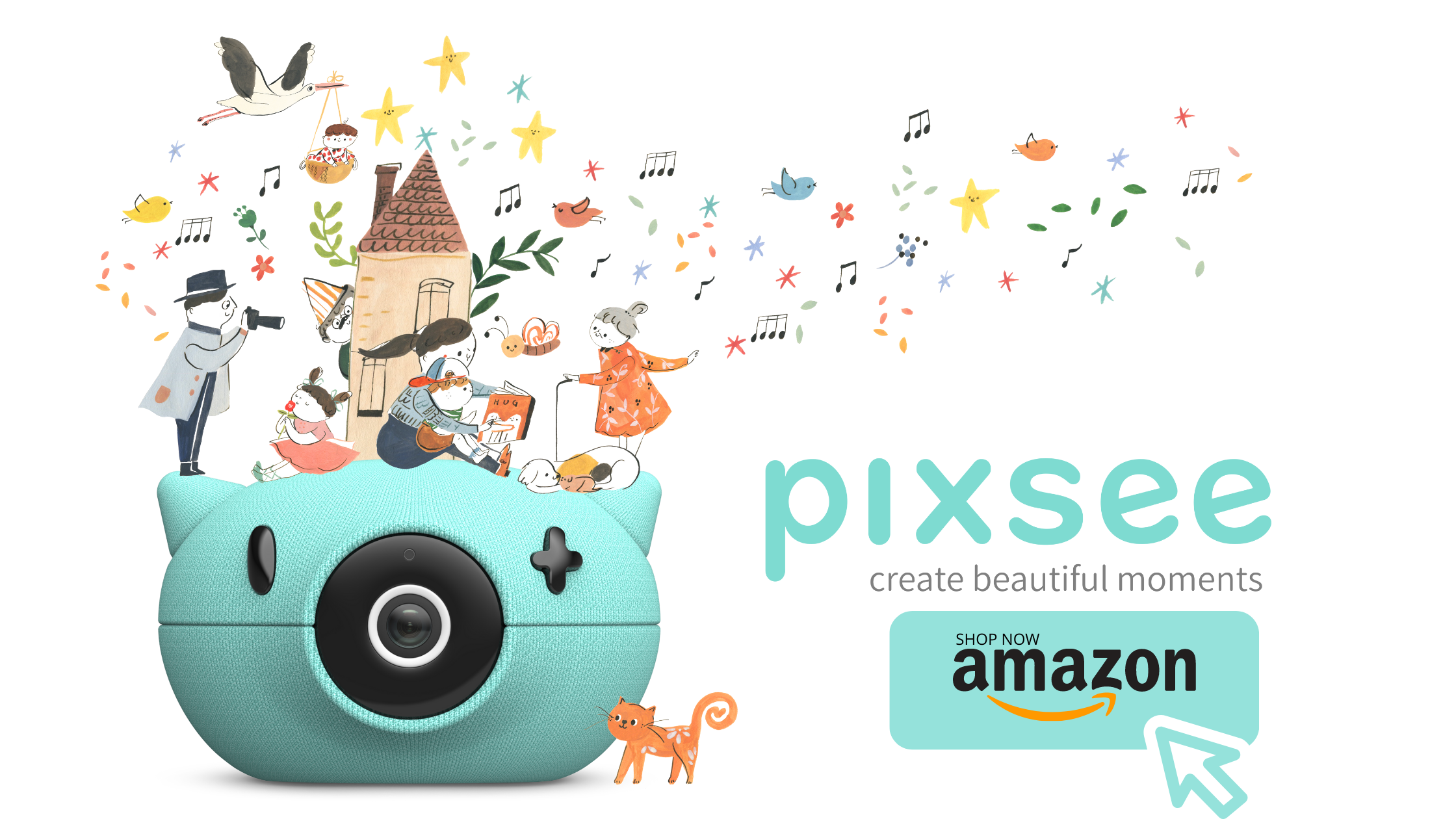If you spend a lot of time on social media apps, you're used to comparing your life to the curated, photogenic worlds of your favorite parenting influencers. Recent studies suggest that this constant comparison can be detrimental to your mental health. If you let it influence your parenting, it can even impact your baby's development.
One of the most divisive issues on parenting-related social media channels is the debate about breastfeeding vs. formula feeding. Half the crunchy mamas out there are trying to sell you on "breast is best." Meanwhile, business-savvy moms tout discount codes for organic baby formula.
If you're still choosing between breastfeeding or formula feeding, this constant messaging can be overwhelming. We've created this guide to lay out the facts about nourishing your little one. You deserve unbiased breastfeeding vs. formula feeding information that can help you make this important life decision without shame or guilt.
Read on to learn the pros and cons of breastfeeding vs. formula feeding so you can give your sweet baby everything they need to thrive.
Benefits of Breastfeeding Vs. Formula Feeding
Breastfeeding and formula feeding have one major thing in common: they both fill your baby's belly, giving them the energy to grow and develop. Ultimately, that is the most important thing.
Benefits of Breastfeeding
Major health organizations worldwide suggest that breastfeeding is the healthiest and most natural way to feed your baby. These organizations include the World Health Organization, the American Academy of Pediatrics, and the American Medical Association.
After all, breast milk is essentially the perfect food for newborns and infants and can continue nourishing little ones through toddlerhood and beyond. Your body imbues the milk with compounds that help little ones fight off infections and develop healthy, robust immune systems. Doctors agree that consuming breast milk during infancy is a frontline defense against allergies, asthma, diabetes, and even SIDS.
Mothers make breast milk specifically for their babies. It's easily digestible and naturally includes nearly all the nutrition infants need. Doctors recommend breastfeeding for the first six months when it's physically and medically possible.
One of the most compelling benefits of breastfeeding is that breast milk is free and convenient. Your diet fortifies your milk, exposing your baby to different tastes. It's also a great way to make time for skin-to-skin contact, which is essential for mother-infant bonding during the first year of life.
Benefits of Formula Feeding
Technology has come a long way since the creation of the first baby formula in 1865. The primitive formula contained cow's milk, wheat flour, malt flour, and potassium bicarbonate. It was no wonder that breast milk seemed like a major improvement at the time!
Today, the Food and Drug Administration regulates all baby formula on store shelves. You cannot buy formula that doesn't contain the vitamins and minerals a baby needs to grow and thrive.
While factories can never perfectly recreate breast milk, they have come closer than ever. Babies who consume formula are no longer at a nutritional disadvantage. In fact, many contemporary infant formulas contain nutrients that breast milk lacks.
Serving as the sole source of nutrition for a needy infant can be stressful. For many women, formula feeding eliminates a mental and physical burden. These mothers are better, more present parents without the pressure of producing breast milk.
Furthermore, formula feeding can help the birth mother's partner feel more involved in parenting. Any parent or caregiver can feed the baby at any time, leaving mom free to work, run errands, or engage in other parenting tasks.
The composition of baby formula is somewhat less digestible than breast milk, which is not necessarily a bad thing. It means babies stay fuller for longer. Formula-fed babies don't need to eat as often, which removes some burden from caregivers.
Challenges of Breastfeeding Vs. Formula Feeding
Statistically, 90% of women are capable of breastfeeding their babies. The other 10% may have medical or physiological problems that make it impossible. Sometimes, a baby may be unable to latch or safely consume breast milk.
In some situations, choosing to formula feed seems like the obvious option. There are other reasons a woman who can breastfeed might choose formula, however.
Challenges of Breastfeeding
While breastfeeding is a natural process, there is a learning curve. Many women struggle to breastfeed without support from a lactation consultant. Here are some of the other challenges breastfeeding women may face:
- Breast pain
- Time commitment
- Dietary restrictions
- Need for abstinence from alcohol
- Incompatible with certain medications
While breast milk itself is free, women often need many accessories to breastfeed successfully. Cost should not be the primary factor in your decision.
Challenges of Formula Feeding
Formula feeding is not "the easy way out." It comes with its own set of challenges. Here are reasons why formula feeding can be tricky:
- Formula is not as complete as breast milk
- Cost of formula
- The baby may experience gas
- Requires planning ahead
Keep your lifestyle in mind when deciding if formula feeding is right for you. Sometimes being the best parent to your child means taking care of yourself.
Is Breast Or Formula Best For A Baby?
The bottom line is that your baby needs to eat so they can grow and develop into a healthy, happy little person. Breastfeeding vs. formula feeding is only a debate if you make it one. Nourish your child in the way that makes the most sense for you and your lifestyle, and we promise your little one will thrive.
You deserve to capture every precious moment with your well-fed, growing baby. The Pixsee smart baby monitor makes it possible for parents to keep a careful eye on their sweet baby from anywhere using the award-winning Pixsee app.
Visit our Amazon online store and Pixsee Shop to learn how Pixsee helps busy parents bond with their babies, eliminating distance and building connections.







